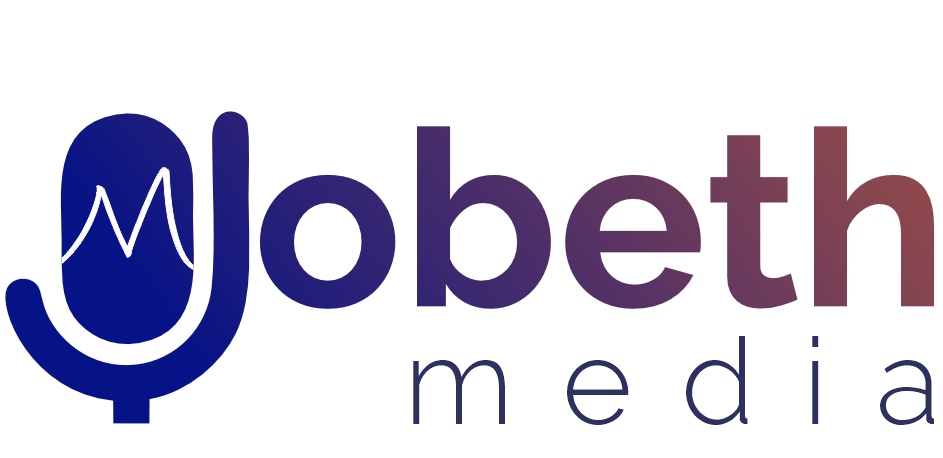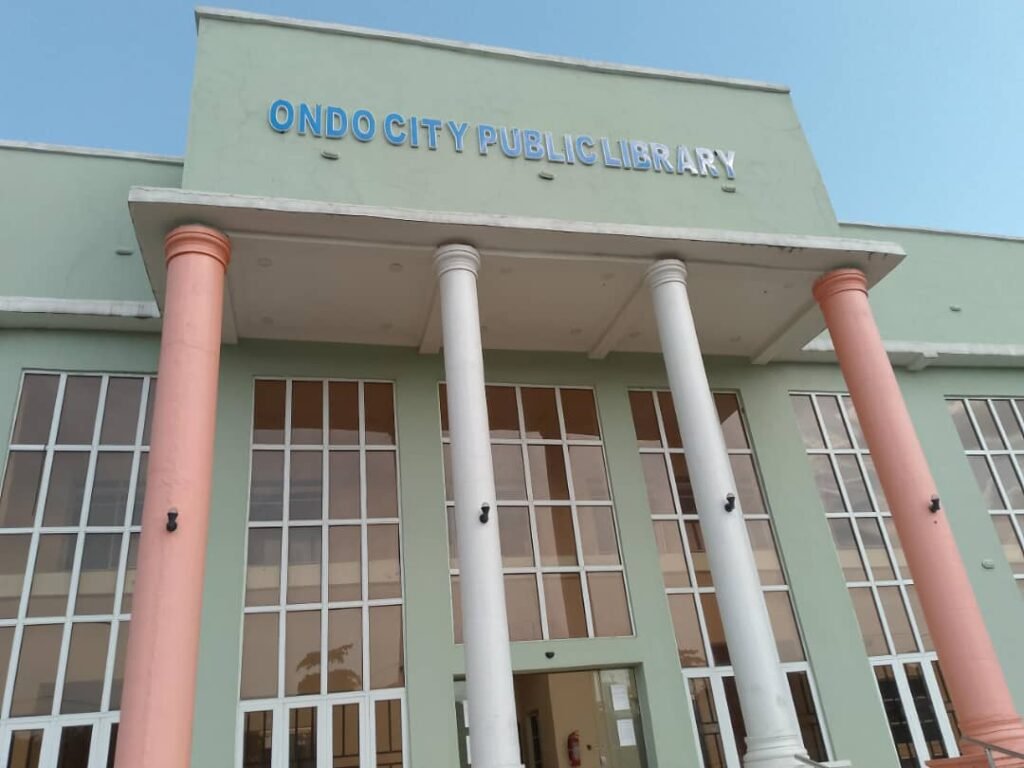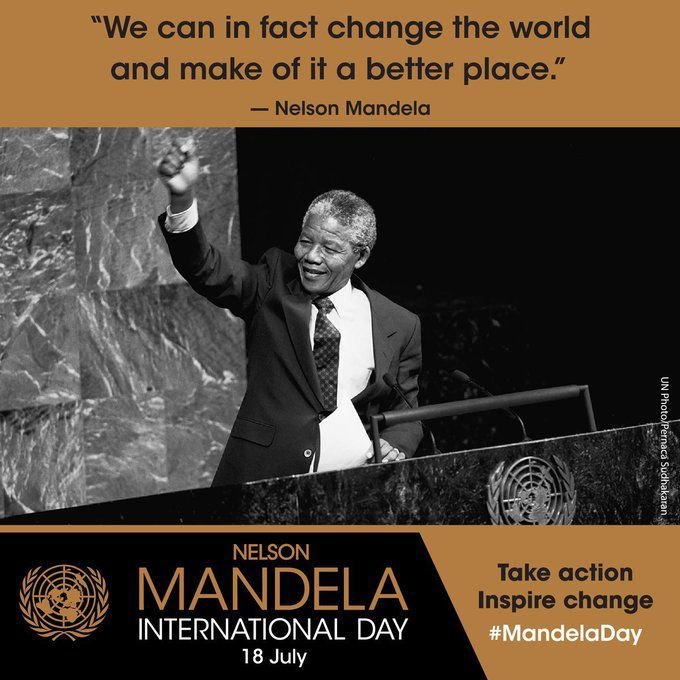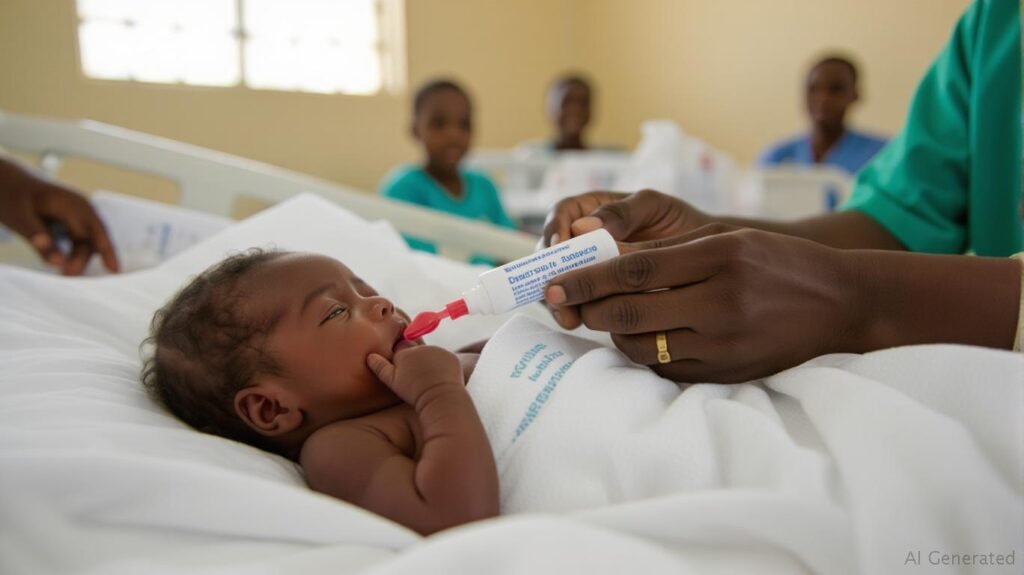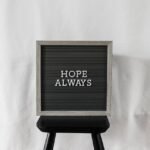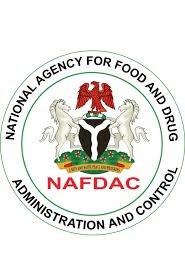WBDD: UNIMEDTHC RAISES ALARM ON BLOOD DONATION CRISIS IN ONDO
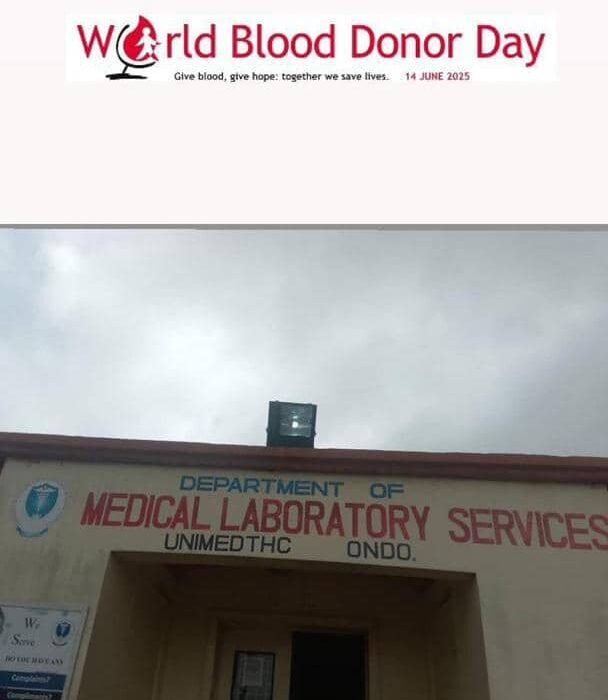
As the world marks World Blood Donor Day (WBDD), an alarming trend emerged from Ondo City, Southwest Nigeria, as only 53 individuals out of an estimated 10,000 residents turned up to donate blood.
This was revealed by the University of Medical Sciences Teaching Hospital (UNIMEDTHC), sparking concern among health professionals about the growing apathy toward voluntary blood donation.
In an exclusive interview with Jobeth Media, Chief Medical Laboratory Scientist, (MLS) Daomi Victoria, of the Medical Laboratory Science Department at UNIMED, described the turnout as heartbreaking, warning that many lives remain at risk due to the critically low levels of blood supply in the community.
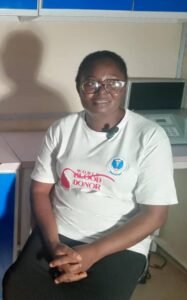
LIVES AT RISK: “SOME PATIENTS DIE WAITING FOR BLOOD”
MLS Victoria emphasized the direct link between blood availability and survival, noting that no area of medical care can function without a dependable blood supply. She cited patients undergoing chemotherapy, road accident victims, pregnant women in labor, renal failure patients, and individuals with sickle cell disease, as those most in need. “Some people constantly need blood, and when it is not available, we lose these lives,” she said.
According to her, patients with kidney disease, for example, suffer doubly as the kidney is an organ involved in blood production. She revealed how sickle cell patients lack the capacity to naturally produce sufficient blood, relying entirely on donations for survival.
GIVING BLOOD, SAVING LIVES: THE OVERLOOKED BENEFITS OF DONATION
Beyond the lifesaving value for recipients, MLS Victoria explained that donors also benefit, both physically and morally, stating that voluntary donors receive a recognition card, which can help them or their loved ones access emergency care while gaining preferential treatment. She further described how donating blood also enhances cardiovascular health:
“When you donate blood, the heart gets space to produce fresh blood. It promotes better blood flow. Some people with high blood volume experience headaches or sleeplessness— but donating can relieve these symptoms,” she said.
More importantly, she noted the psychological reward: “When you donate, you know you’ve helped someone, and even saved not just one, but three lives.”
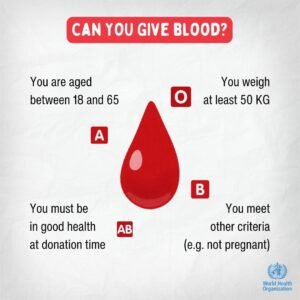
WHO CAN DONATE? ELIGIBILITY GUIDELINES EXPLAINED
MLS Victoria clarified the criteria for eligible donors, noting that pregnant or breastfeeding women, those menstruating, individuals underweight, or with high/low blood pressure or having recent tattoos (within six months) should not donate.
“Donors must be between 18–60 years, physically fit, and meet weight and height requirements” she said, while emphasizing that individuals with skin diseases or discoloration may indicate underlying health issues and thus, not eligible to donate.
WHY THE PUBLIC HESITATES
MLS Victoria believes fear and misinformation are major barriers, stating that some community members are scared while others are skeptical, asking: “What do I stand to gain from donating? reflecting in this year’s turnout—with just 53 people as voluntary donors in Ondo City.
“Voluntary blood donations are not increasing, considering the population of Ondo community, as the turnout is not encouraging.” she lamented.
BLOOD IS SECURITY: EVERY DROP MATTERS
She shared a striking example of a rape survivor with shortage of blood and psychological trauma who depended on voluntary donors to survive, noting how some emergencies are so urgent that only pre-existing donations can make the difference between life and death.
MLS Victoria reassured the public of safety and scientific rigor behind the process, explaining that donated blood is preserved up to 35 days, with minimal risk of wastage, as demand usually meets supply within that time frame.
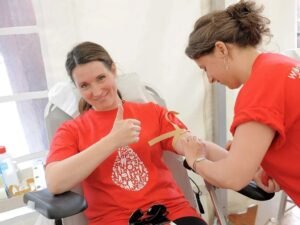
GLOBAL CONTEXT: WHO SOUNDS THE ALARM
The situation in Ondo reflects a broader global concern, as report from the World Health Organization (WHO) reveals that many low and middle-income countries face chronic blood donation shortages, particularly affecting children and mothers. WHO underscores that safe, accessible blood is foundational to any functioning health system— but access remains unequal, noting that every blood donation is a gift of hope.
![]()
FINAL PLEA: BE A LIFESAVER
As World Blood Donor Day is aimed at creating awareness about Blood donation, MLS Victoria extended heartfelt appreciation to those who have continued to donate over the years, while urging those still undecided to be a lifesaver, stating that “blood connects all of us together!”
Catch the full story and watch the touching highlights here:

